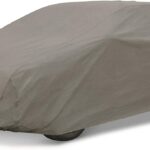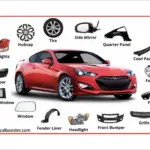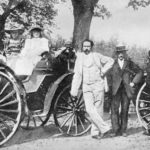
When it comes to buying a car, there’s an incredible range of choices available to suit various needs, lifestyles, and preferences. From compact city cars to rugged off-road SUVs, the “types of cars” available today cater to every conceivable demand. This comprehensive guide covers the major types of cars, their unique characteristics, and what each category is best suited for. Let’s explore the world of automobiles and help you make the best decision based on your needs.
Types of Cars:
1. Sedans
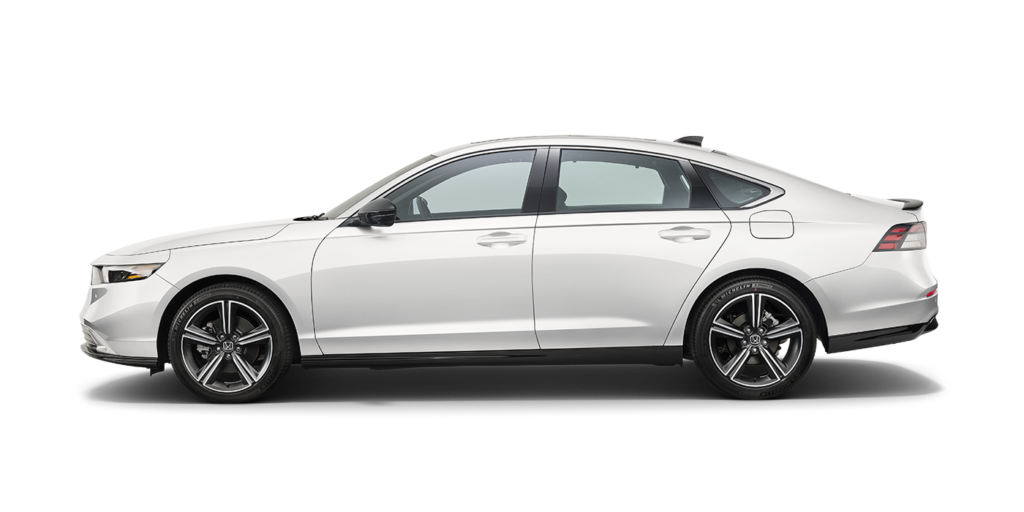
A sedan is one of the most common types of cars, known for its classic three-box design: a separate engine compartment, passenger cabin, and trunk. Sedans typically seat four to five passengers comfortably and are favored for their smooth ride and fuel efficiency.
Key Features of Sedans:
- Great fuel economy
- Spacious trunk for storage
- Comfortable for families or commuting
Popular Sedan Models:
Toyota Camry, Honda Accord, and BMW 3 Series
2. SUVs (Sport Utility Vehicles)
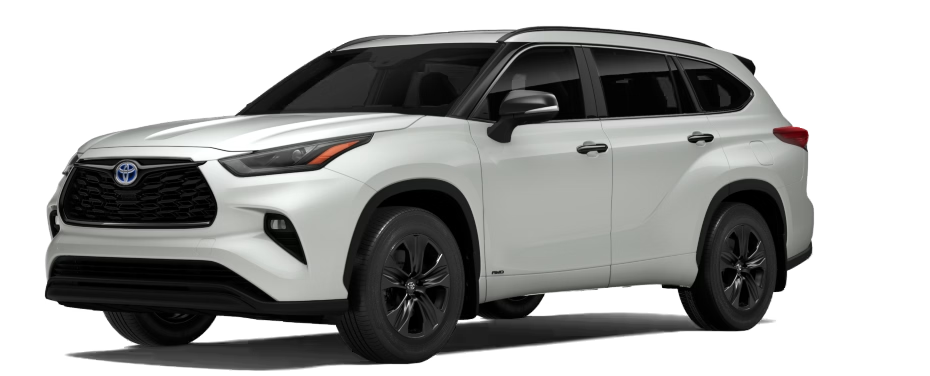
SUVs, or Sport Utility Vehicles, are versatile cars that offer a higher driving position, ample cargo space, and often come with off-road capabilities. They’re suitable for those with an adventurous lifestyle or large families needing extra seating and room.
Key Features of SUVs:
- Higher ground clearance
- Ample cargo space and roomy interiors
- Available in both 4WD and AWD options
Popular SUV Models:
Ford Explorer, Toyota Highlander, and Jeep Grand Cherokee
3. Hatchbacks
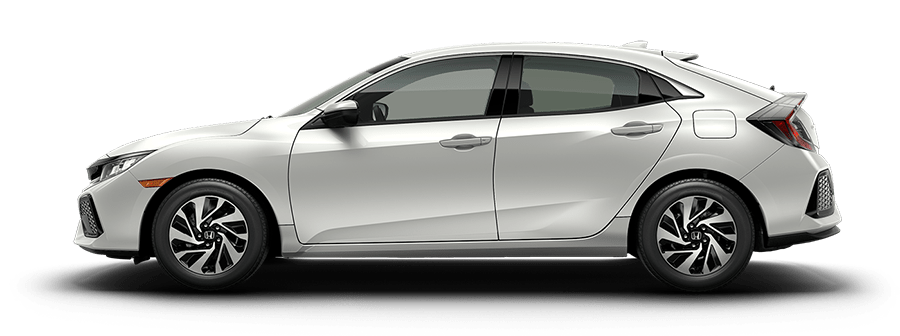
Hatchbacks are compact cars with a rear door that swings upward, making them ideal for urban driving where parking is limited. These cars provide extra storage when rear seats are folded down, making them flexible for daily commuting and small road trips.
Key Features of Hatchbacks:
- Compact and easy to park
- Versatile cargo space with rear seats folded
- Fuel-efficient, ideal for city driving
Popular Hatchback Models:
Volkswagen Golf, Honda Civic Hatchback, and Ford Focus
4. Coupes
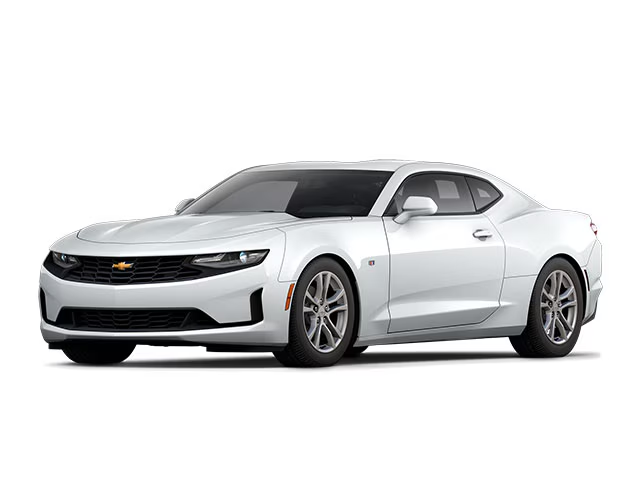
Coupes are two-door cars with a sporty appearance, known for their sleek design and powerful engines. They’re often lower to the ground, enhancing aerodynamics and offering a thrilling driving experience. Coupes usually seat two to four people, making them popular among enthusiasts.
Key Features of Coupes:
- Stylish and sporty design
- Great handling and performance
- Limited passenger space
Popular Coupe Models:
Chevrolet Camaro, Ford Mustang, and Audi A5
Also Read:
- Top 5 Best Electric Scooter in India
- 7- Best Electric Cars for Car Lovers
- Top 5 Best Digital Tire Pressure Gauges
5. Convertibles

Convertibles offer a unique driving experience with a retractable roof that allows drivers to enjoy the open air. They are popular among those looking for a stylish car for scenic drives and warm-weather adventures.
Key Features of Convertibles:
- Retractable roof (soft-top or hard-top)
- Stylish and fun to drive
- Limited trunk and back seat space
Popular Convertible Models:
Mazda MX-5 Miata, BMW Z4, and Porsche 911 Cabriolet
6. Wagons
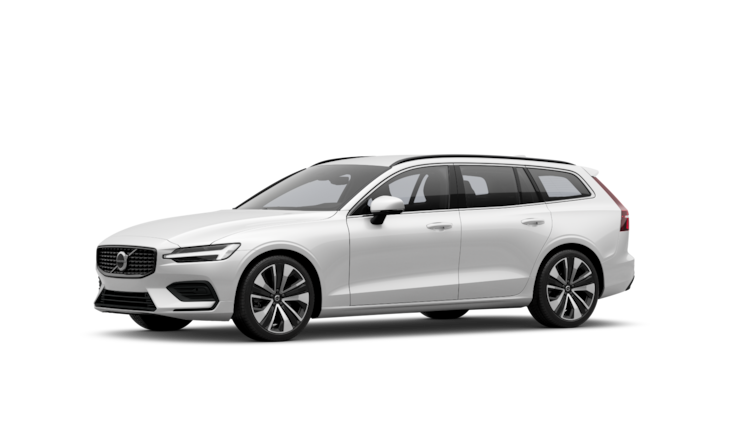
Wagons combine the driving dynamics of a sedan with the cargo space of an SUV. With their elongated bodies, wagons offer ample room for both passengers and cargo, making them ideal for families and road trips.
Key Features of Wagons:
- Extended rear cargo area
- Comfortable for long trips
- More fuel-efficient than SUVs
Popular Wagon Models:
Subaru Outback, Volvo V60, and Audi A4 Allroad
7. Crossovers
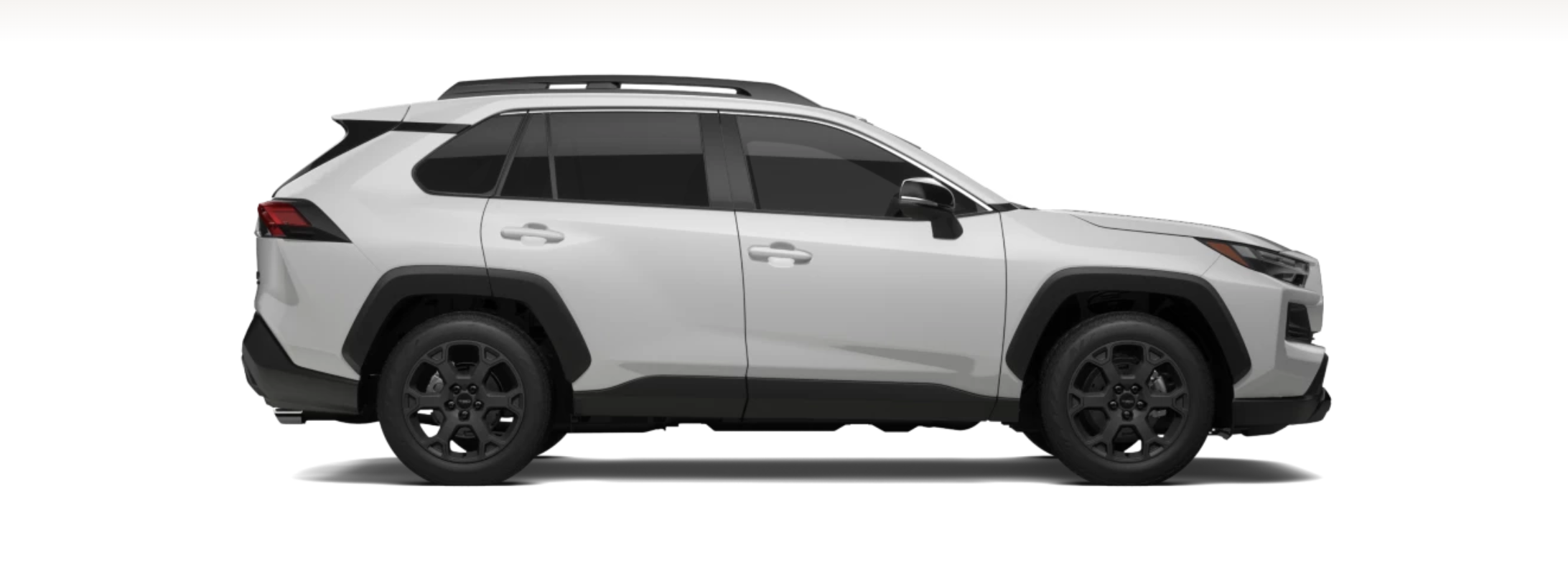
Crossovers are a blend between sedans and SUVs, featuring unibody construction like cars, but with the raised ground clearance and spacious interior of an SUV. Crossovers are great for city driving as well as weekend adventures.
Key Features of Crossovers:
- Car-like handling with SUV space
- Increased ride height
- Good fuel efficiency compared to traditional SUVs
Popular Crossover Models:
Honda CR-V, Mazda CX-5, and Toyota RAV4
8. Electric Cars (EVs)

Electric Vehicles (EVs) run entirely on electricity and have no gasoline engine. They are known for their eco-friendliness, quiet operation, and lower maintenance costs due to fewer moving parts.
Key Features of EVs:
- Zero emissions
- Quiet and smooth ride
- Access to government incentives in many regions
Popular Electric Vehicle Models:
Tesla Model 3, Nissan Leaf, and Chevrolet Bolt EV
9. Hybrid Cars
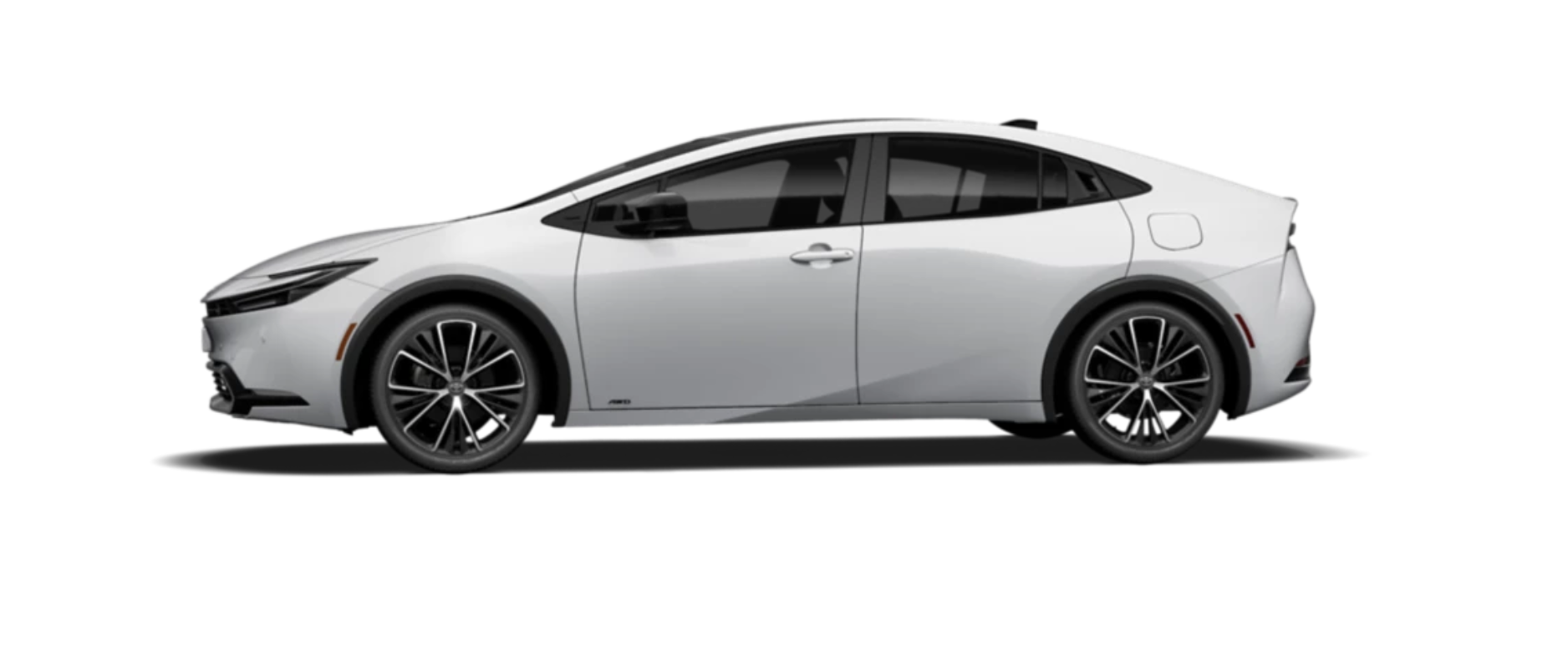
Hybrid cars combine a gasoline engine with an electric motor to improve fuel efficiency. These cars automatically switch between the electric motor and gas engine as needed, making them ideal for fuel-conscious drivers.
Key Features of Hybrid Cars:
- Excellent fuel efficiency
- Regenerative braking for recharging battery
- Lower emissions compared to gasoline cars
Popular Hybrid Models:
Toyota Prius, Honda Insight, and Ford Fusion Hybrid
10. Luxury Cars
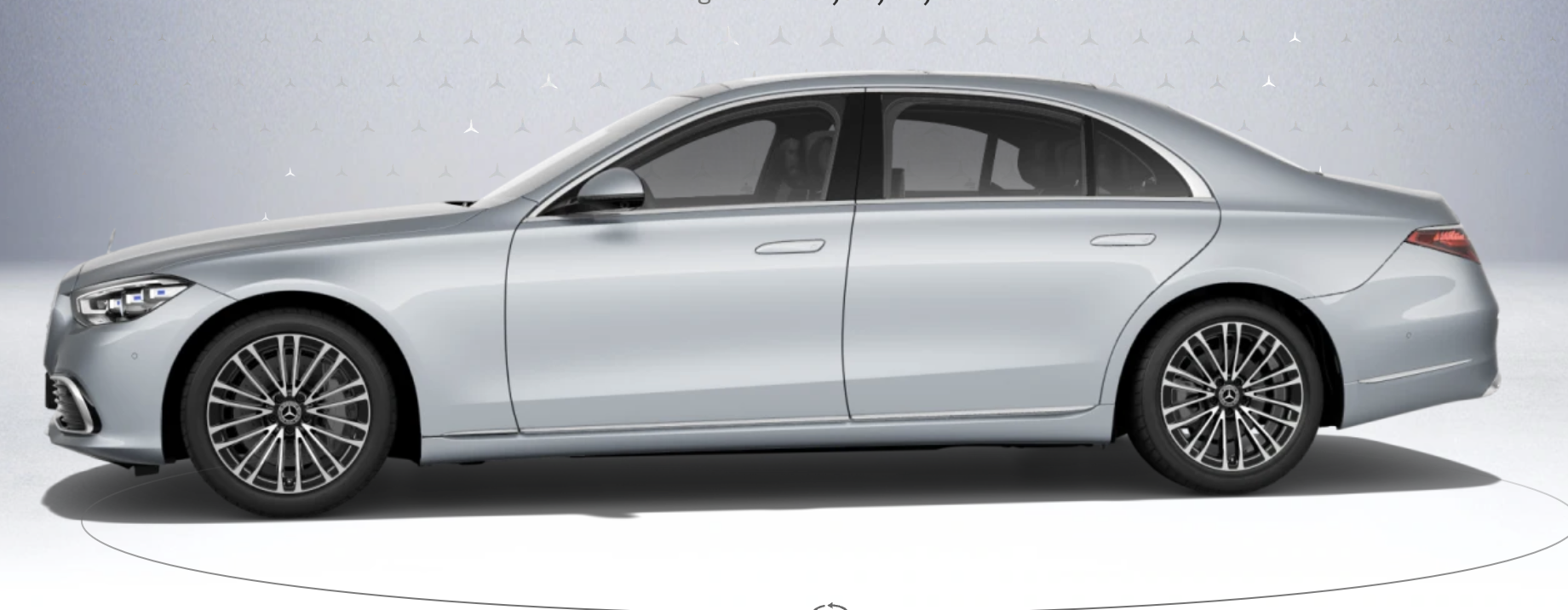
Luxury cars offer top-tier comfort, advanced technology, and premium materials. They are designed for a refined driving experience, typically with a powerful engine and high-end interiors.
Key Features of Luxury Cars:
- High-quality interiors and materials
- Advanced technology and safety features
- Smooth, comfortable ride
Popular Luxury Car Models:
Mercedes-Benz S-Class, BMW 7 Series, and Lexus LS
11. Sports Cars
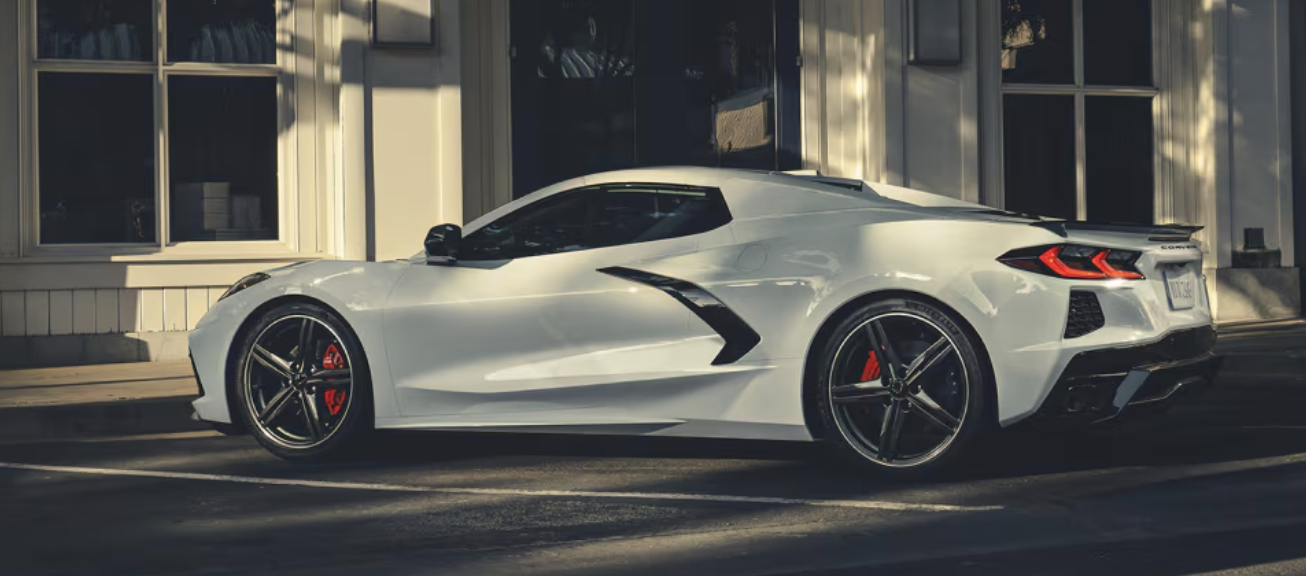
Sports cars are built for speed, agility, and thrilling performance. Known for their dynamic styling and powerful engines, these cars appeal to enthusiasts who prioritize driving excitement.
Key Features of Sports Cars:
- High-performance engines
- Enhanced handling and braking systems
- Unique, sporty design
Popular Sports Car Models:
Porsche 911, Chevrolet Corvette, and Nissan GT-R
12. Trucks
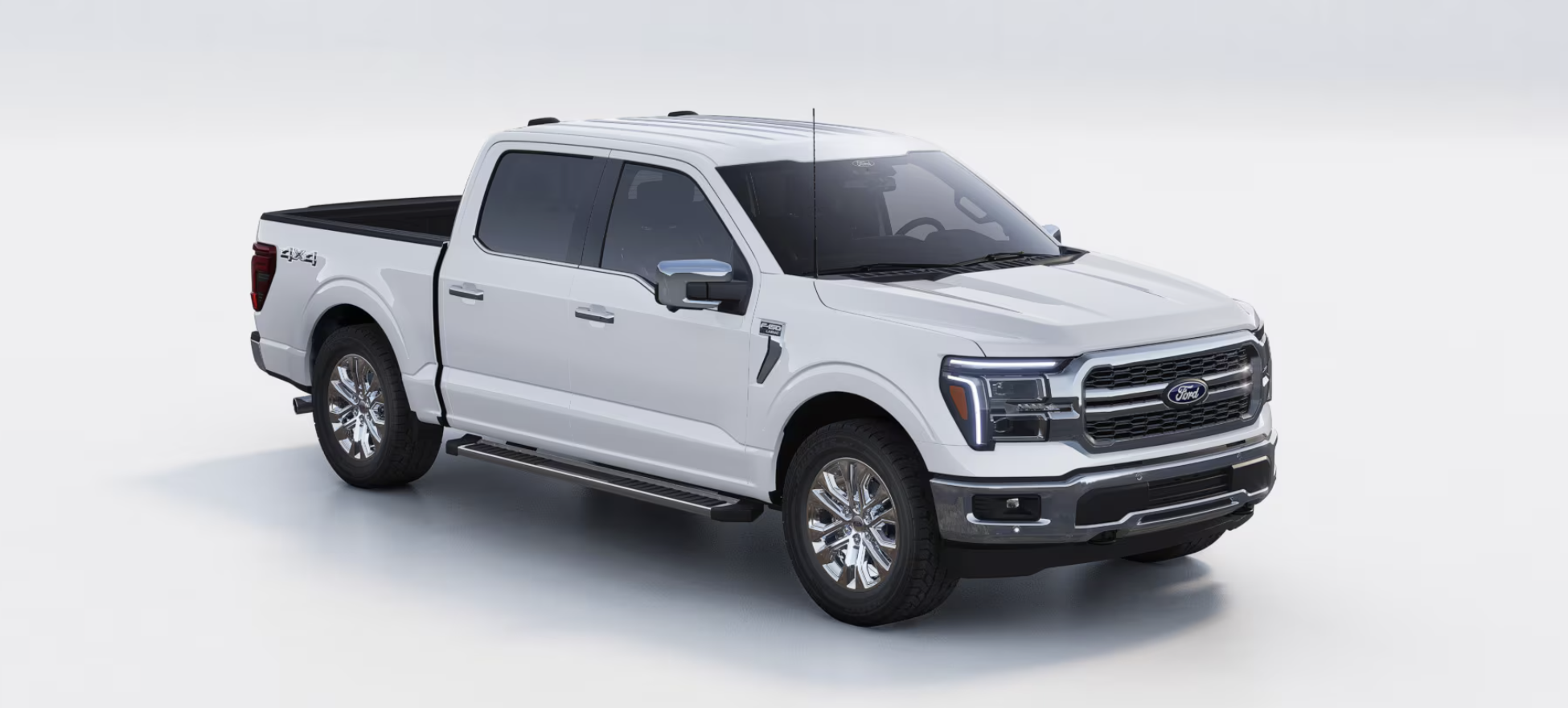
Trucks are known for their utility, often used for towing and carrying heavy loads. With powerful engines and strong chassis, trucks are commonly favored by professionals and outdoor enthusiasts.
Key Features of Trucks:
- High towing and payload capacity
- Strong, rugged build
- Options for various bed and cab sizes
Popular Truck Models:
Ford F-150, Chevrolet Silverado, and Ram 1500
13. Vans and Minivans
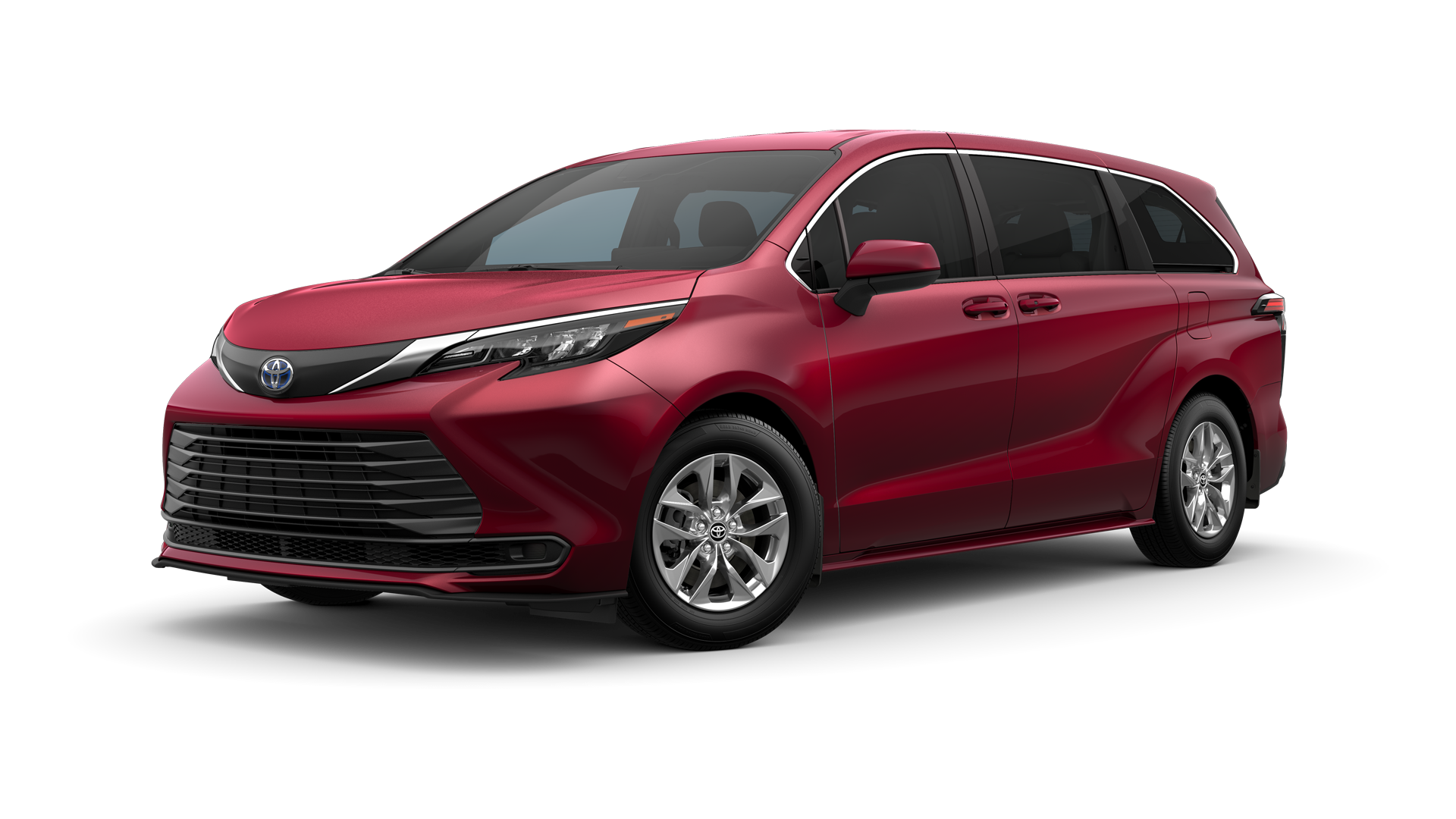
Minivans and full-size vans are designed to transport a large number of passengers and are popular with families or businesses. Minivans are particularly known for their sliding doors, making access easy.
Key Features of Vans and Minivans:
- Spacious interior with seating for 7-8 passengers
- Convenient sliding doors (for minivans)
- Ample storage space for cargo
Popular Van and Minivan Models:
Toyota Sienna, Honda Odyssey, and Ford Transit
14. Diesel and Gasoline Cars
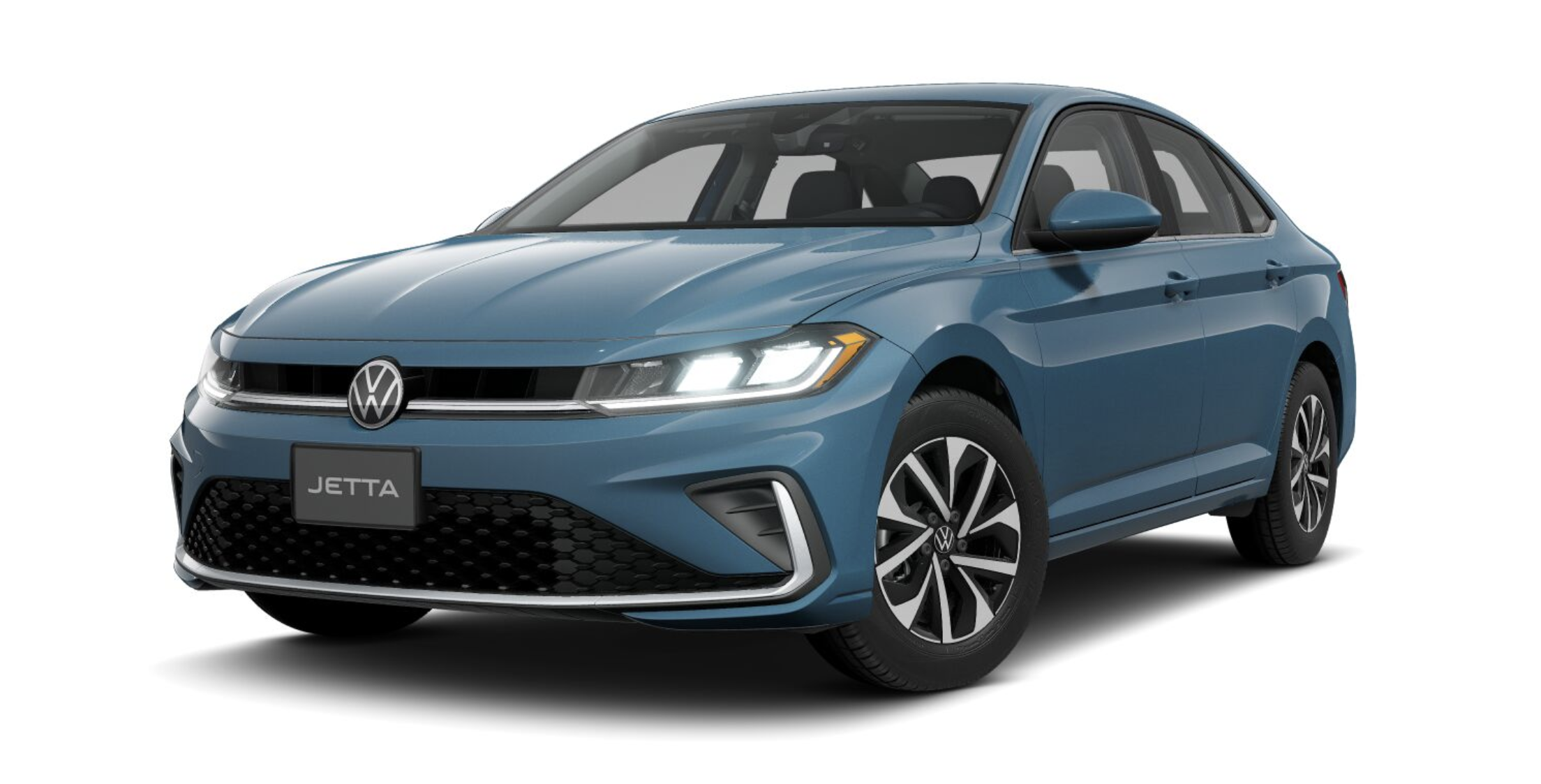
While gasoline cars remain the most common type of vehicle, diesel cars are known for their fuel efficiency and powerful torque, making them ideal for long-distance travel and heavy loads.
Key Features:
- Diesel cars offer better fuel economy, especially on highways
- Gasoline cars provide smoother acceleration and lower emissions
Popular Diesel and Gasoline Models:
Volkswagen Jetta TDI, Chevrolet Cruze Diesel, and Honda Accord
How to Choose the Best Type of Car for You
With so many types of cars available, selecting the right one can feel overwhelming. Here’s a practical guide to help you determine which car type best suits your lifestyle, budget, and driving needs:
1. Consider Your Primary Use
- Daily Commuting: If you’re mainly driving in the city or commuting to work, a sedan or hatchback offers great fuel efficiency and ease of parking in tight spaces.
- Family Needs: For families, SUVs, crossovers, or minivans provide ample seating and storage. They’re also ideal if you have children who need extra room and want easy access.
- Long-Distance Travel: For those who frequently drive long distances, sedans and diesel cars are great for fuel efficiency. Consider hybrids as well for a balance of fuel economy and environmental impact.
- Outdoor Adventures: If you enjoy camping, off-roading, or carrying outdoor equipment, SUVs, trucks, or crossovers offer ruggedness and cargo capacity.
2. Evaluate Your Budget and Running Costs
- Initial Cost: Determine what you can afford upfront. Typically, smaller cars like hatchbacks and sedans are more affordable, while SUVs, trucks, and luxury cars come at a higher price.
- Maintenance and Repairs: Consider the long-term costs of maintenance. Electric vehicles (EVs) and hybrids may have higher initial prices, but they generally have lower ongoing maintenance costs compared to gasoline or diesel cars.
- Fuel Efficiency: Fuel costs can vary based on the car type. Electric vehicles eliminate fuel costs entirely, while hybrids and diesel cars can offer excellent mileage.
3. Account for Lifestyle and Aesthetic Preferences
- Luxury and Comfort: If you prioritize comfort and style, a luxury car or convertible may be ideal. Luxury vehicles offer high-end interiors, advanced tech, and a refined driving experience.
- Sportiness and Performance: For those who value a thrilling driving experience, a sports car or coupe is a perfect choice, offering power, style, and dynamic handling.
- Environmentally Conscious Choice: Electric vehicles (EVs) and hybrids are great for eco-conscious drivers. They reduce emissions and may qualify for incentives in certain regions.
4. Think About Future Needs
- Growing Families: If you anticipate a growing family, look for SUVs, crossovers, or minivans with extra seating and ample cargo space.
- Resale Value: Certain car types, like SUVs and trucks, tend to hold their value better than others. If resale value is important, research the depreciation rates of different car types.
5. Test Drive and Compare
- Always test drive several types of cars within your category of interest. For instance, if you’re considering a sedan, compare how each handles, check seat comfort, and test the cargo space.
- Check for Features You Need: Look for features that match your needs, like all-wheel drive for snowy areas, advanced safety features for family cars, or tech upgrades for luxury cars.
Conclusion: Choosing the Right Type of Car
The type of car you choose depends largely on your needs, budget, and lifestyle. For daily commuting in the city, sedans and hatchbacks offer fuel efficiency and compactness. For off-road adventures or family road trips, SUVs and crossovers provide versatility and space. Those passionate about performance might gravitate towards sports cars or coupes, while eco-conscious drivers may opt for electric or hybrid vehicles.
By understanding the different types of cars, you can find the one that perfectly suits your unique lifestyle. Whether you’re buying new or used, choosing the right type can make all the difference in driving experience, comfort, and satisfaction.


